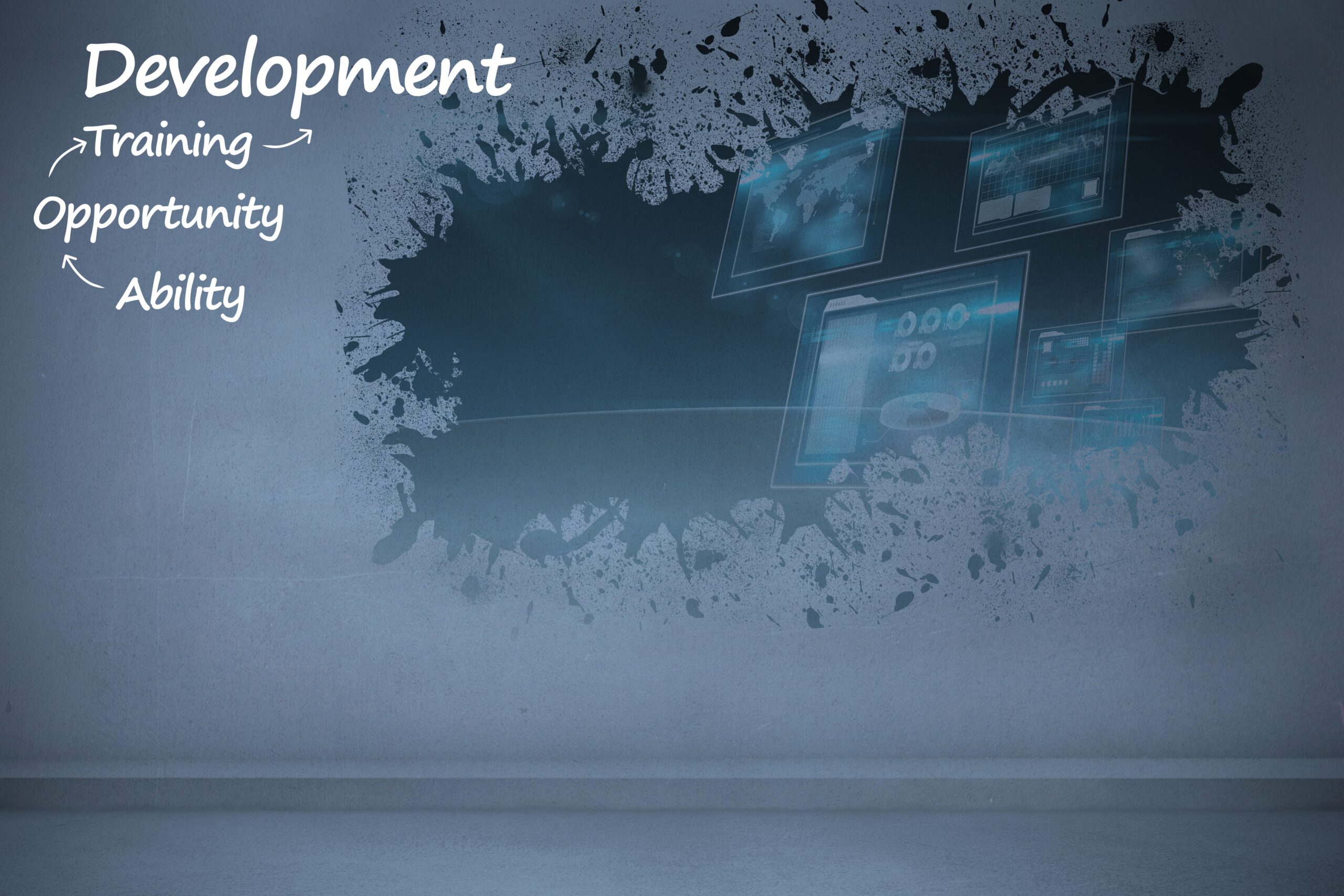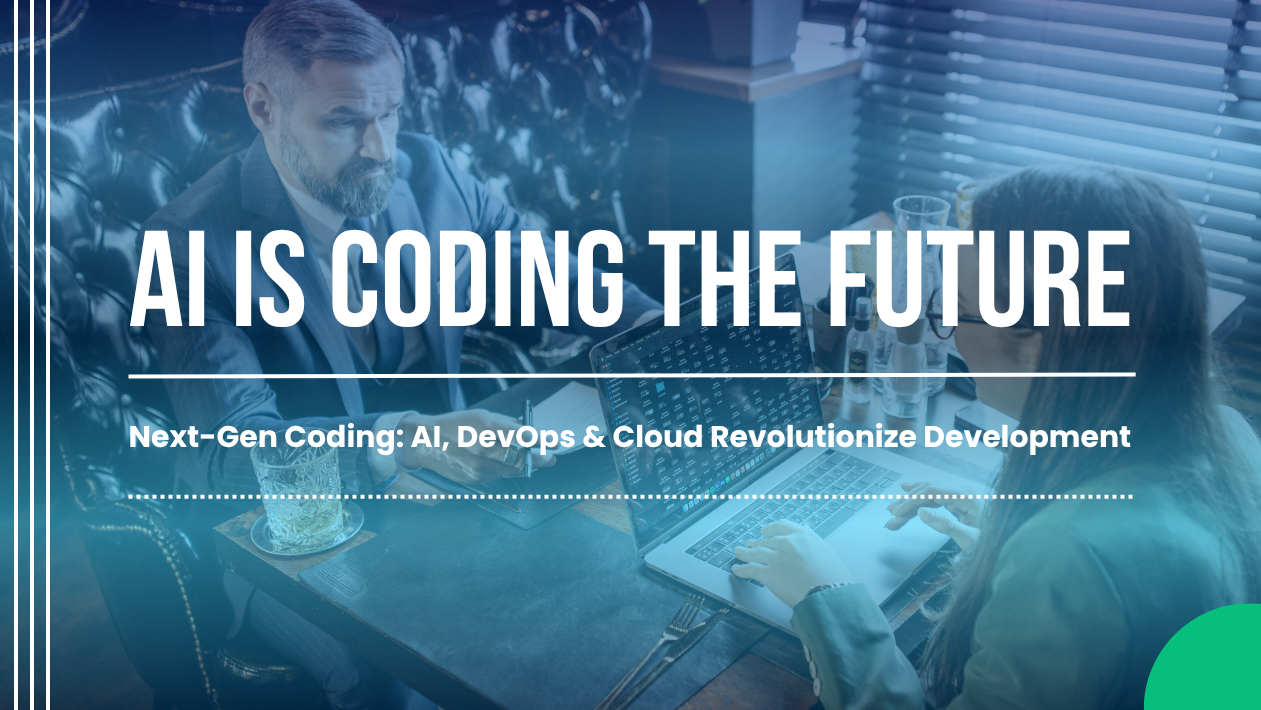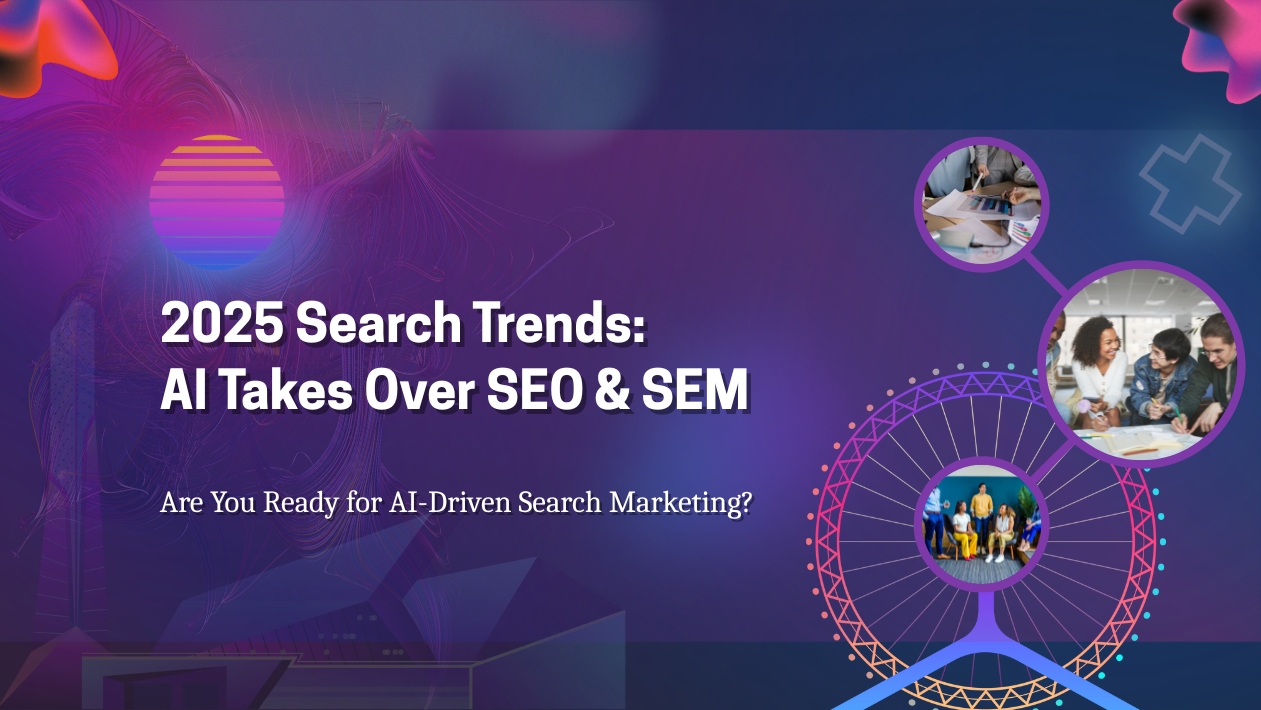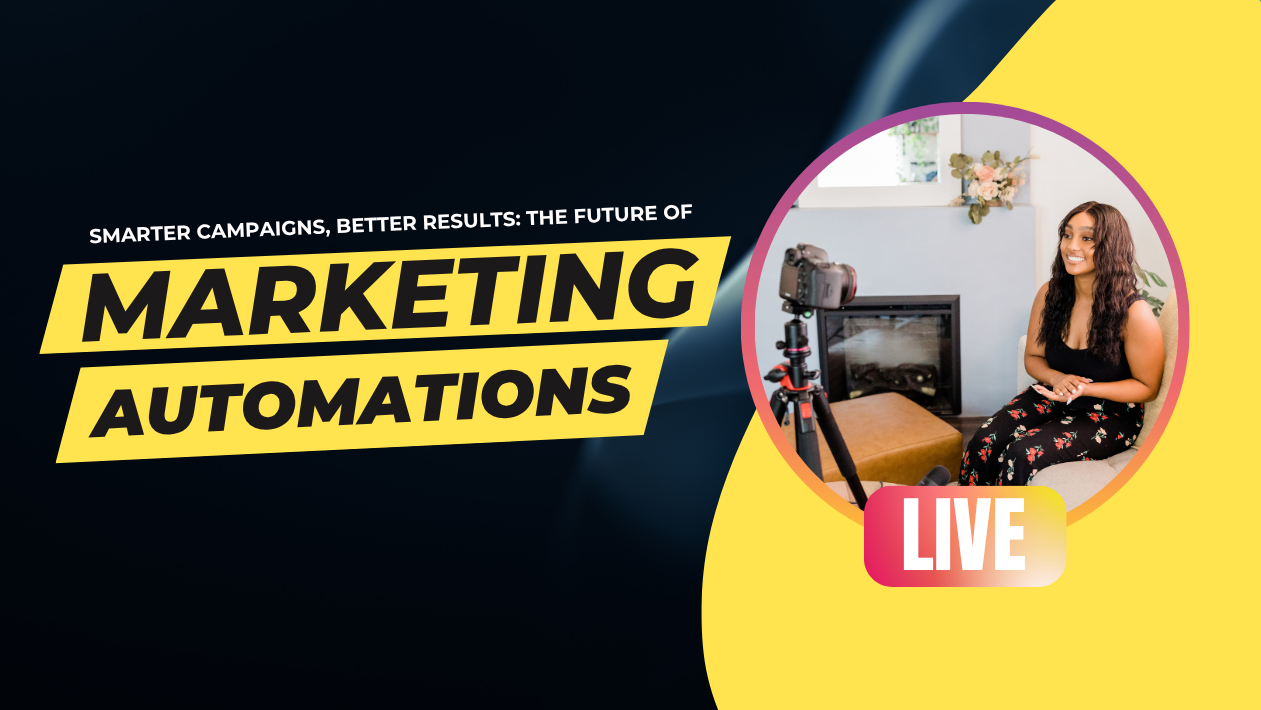The world of software development is evolving faster than ever in 2025, powered by AI-assisted coding, low-code/no-code platforms, and the growing adoption of DevSecOps. As organizations race to meet user expectations and reduce time-to-market, development teams are turning to automation, cloud-native architectures, and real-time collaboration to stay ahead.
AI Co-Pilots Now Core to Development Workflows
AI coding assistants like GitHub Copilot X, Amazon CodeWhisperer, and Tabnine have become everyday tools for developers. These systems suggest code completions, write functions, detect bugs, and even explain code logic in natural language—cutting development time by as much as 35%.
Junior developers use them to learn faster, while senior engineers rely on them to reduce repetitive tasks and maintain focus on core architecture and logic.
Low-Code/No-Code Tools Expand Access to App Creation
Low-code platforms like OutSystems, Mendix, and Retool are empowering business analysts, marketers, and non-engineers to build apps using visual workflows and prebuilt components. This shift allows software teams to delegate routine tasks and focus on complex, high-impact engineering challenges.
No-code development is now mainstream in enterprise automation, customer portals, and internal tool creation.
DevSecOps Brings Security into the Development Pipeline
Security is no longer an afterthought. The adoption of DevSecOps practices ensures that security scans, compliance checks, and threat detection happen in real-time during the development process.
Tools like Snyk, Aqua Security, and Checkmarx are now integrated into CI/CD pipelines to automate vulnerability management from the first line of code to deployment.
Cloud-Native and Microservices Architectures Dominate
Modern apps in 2025 are built on cloud-native stacks, with microservices, containers, and serverless functions forming the backbone of scalable systems. Kubernetes remains the orchestration king, while platform engineering teams are building self-service infrastructure layers for developers.
This architecture enables faster deployments, greater resilience, and continuous delivery.
Remote Collaboration and Global Teams Are the Norm
Development teams are more distributed than ever, collaborating via platforms like GitLab, Jira, Linear, and VS Code Live Share. Remote-first tools now include AI-summarized standups, async code reviews, and language translation, making global collaboration seamless and productive.
Emerging Trends: Edge Computing, AI Testing & Green Software
Developers are increasingly optimizing for low-latency edge deployments, using AI-based test automation for QA, and implementing sustainable coding practices to reduce energy consumption. “Green code” is a rising priority for environmentally conscious tech teams.
Conclusion: From Coders to Creators of Business Value
In 2025, software developers aren’t just building products—they’re shaping business strategy, user experience, and digital transformation. With powerful tools at their fingertips and a culture of continuous learning, today’s developers are more influential, efficient, and innovative than ever before.





